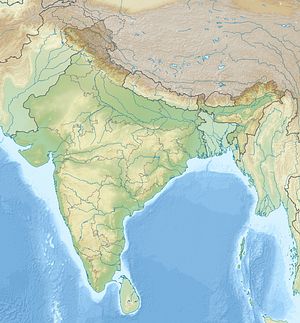According to the Indian government’s 2014 economic survey, the country’s economic prospects are looking up and growth may be higher than expected. Despite continued problems posed by high inflation, India’s economy is expected to grow in the range of 5.4 to 5.9 percent. India’s growth in the year ending March 31, 2014 was 4.7 percent. After growing as much as 9 percent in 2011, India’s economic has experienced significantly more lethargic growth in the years since, hovering around 5 percent in the past few years.
The survey credits reforms being undertaken by India’s new center-right Bharatiya Janata Party government as a primary cause for the uptick in economic expectations. The party’s massive electoral victory over the Congress Party-led United Progressive Alliance coalition was in part due to a strong anti-incumbency wave that was borne out of poor economic performance and endemic corruption.
The survey cites several factors in justifying its growth forecasts, such as “institutional reforms to quicken implementation of large projects and a stronger-than-expected recovery in advanced economies would help the Indian economy clock a higher rate of growth.” The survey does not see an immediate panacea for India’s seemingly chronic inflation problems and also sees hurdles emanating from below-normal levels of rainfall which could affect agricultural productivity and output.
While the survey does not explicitly provide inflation projections, the Wall Street Journal notes that “most recent data show consumer inflation was at 8.28% in May. That is well above the 6% level that India’s central bank would like to hit by January 2016.”
The survey additionally promises better fiscal management and regulation. India’s new government is keen to enforce deficit reduction milestones to bring the central government’s fiscal house in order.
Quartz notes that this year’s economy survey may be the “most pro-markets policy document” ever published by an Indian government. The survey is just one of many policy statements released by the Indian government and serves multiple purposes. On one hand, it clarifies the government’s economic policy priorities in the short-term, but it also serves as an important public relations tool for the Indian economy. Many international investors that have been disappointed by the performance of the Indian economy since 2011 have high hopes that Narendra Modi’s government will be an important source of change in India. The economic survey is a reassuring gesture by the Indian government and is likely aimed at convincing global investors that India under Modi is likely to be resurgent economically.

































